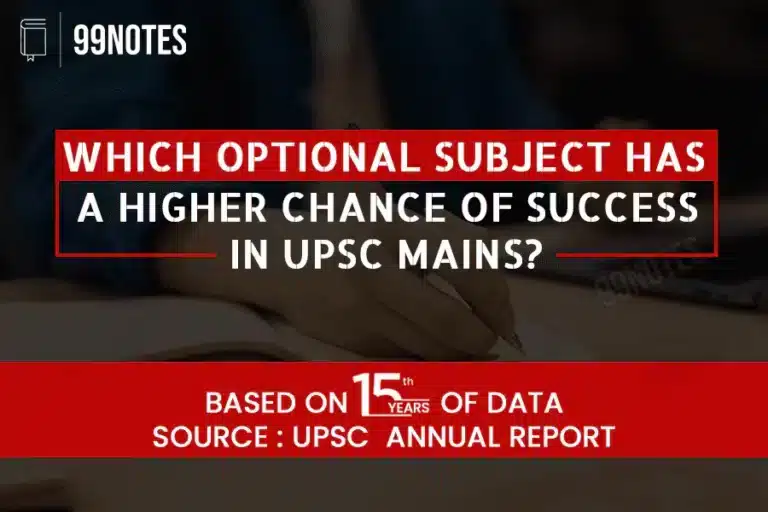SC Upholds States’ Power to Tax Industrial Alcohol in Landmark 8:1 Ruling
(Source: Indian Express; Section: Explained; Page: 12)
| Topic: GS2 – Governance |
| Context: |
|
Analysis of News:
What is Industrial Alcohol?
- Industrial alcohol, unlike alcoholic beverages, is not meant for human consumption (denatured).
- It finds applications in various sectors, including manufacturing pharmaceuticals, disinfectants, chemicals, and even biofuels.
Key Decision
- The Supreme Court, in an 8:1 majority ruling, held that states can tax not only alcoholic beverages but also industrial alcohol.
- This ruling bolsters states’ revenue from alcohol, which is a significant income source for most.
- The court’s primary question was whether “intoxicating liquor” includes industrial alcohol.
- The majority, including CJI Chandrachud, ruled in favor of states, while Justice Nagarathna dissented, advocating for central control over industrial alcohol.
Overlapping Entries in the Constitution
- The issue stems from overlapping entries in the Seventh Schedule of the Constitution, which divides legislative powers between the Centre and the states.
- Entry 8 of the State List grants states control over intoxicating liquors, while Entry 52 of the Union List allows the Centre to regulate industries.
- The Centre argued that it controls industrial alcohol under the 1961 Industries Act, while states contended that regulation is necessary to prevent misuse in the production of illegal liquor.
Impact of the Ruling
- This ruling significantly impacts states’ ability to raise revenue from alcohol, clarifying their control over both potable and industrial alcohol.
- It also reaffirms the states’ authority to legislate on State List subjects, even when the Centre has broad powers over industries.
- The judgment overruled a 1990 decision that excluded industrial alcohol from states’ taxing powers.
Defining ‘Intoxicating Liquor’
- CJI Chandrachud argued that the term “intoxicating liquor” should be interpreted broadly, encompassing both drinkable and industrial alcohol due to its potential for intoxication or poisoning.
- This wide interpretation was aimed at covering all stages of alcohol production under state regulation.
- Justice Nagarathna, however, held that industrial alcohol should be regulated based on its intended use, distinguishing it from intoxicating liquor.
Maintaining Federal Balance
- The majority emphasized preserving federal balance, choosing an interpretation that allows states to regulate intoxicating liquor, including industrial alcohol.
- They concluded that giving the Centre control would undermine states’ powers.
- Justice Nagarathna dissented, believing that the Centre retains control over alcohol-related industries under the 1961 Act, restricting states’ regulatory power.
| What are the Other Similar Cases? |
Synthetics & Chemicals Ltd v. State of Uttar Pradesh Case, 1989:
Ch Tika Ramji v State of UP Case, 1956:
|
| Practice Question: Discuss the implications of the Supreme Court’s recent ruling on states’ power to tax industrial alcohol in the context of Centre-State relations and the federal structure as outlined in the Indian Constitution. (250 words/15 m) |

